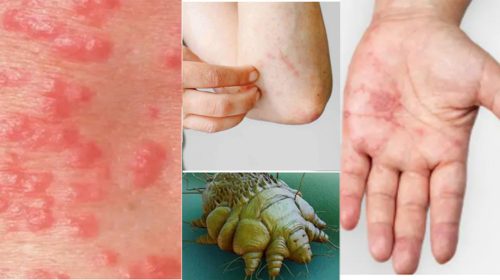It may sound surprising, but sometimes a person’s body emits a strong fishy odor, which is not due to poor hygiene but rather a rare genetic disorder. This condition is called Trimethylaminuria or more commonly known as Fish Odor Syndrome. It is more commonly seen in women.
Why Does This Happen?
During normal metabolism in the body, a compound called trimethylamine (TMA) is produced, which has a very unpleasant smell. In a healthy person, an enzyme in the liver breaks down TMA into odorless substances. However, in individuals with a genetic defect in the FMO3 gene, the body fails to produce enough of this enzyme, leading to a buildup of TMA in the body, which causes the fishy odor.
Apart from genetic factors, certain foods or other health issues can also lead to an increase in TMA levels, resulting in the same odor.
Where Does the Odor Come From?
The odor in this condition is emitted from breath, sweat, saliva, and urine. The smell can be so strong that it becomes difficult for the affected person to be in social situations. However, the odor does not always occur—it tends to intensify during stress, after consuming certain foods, or during menstruation.
Are There Any Other Health Issues?
There are typically no physical health problems associated with this condition. However, due to the strong odor, individuals often suffer from mental health issues like anxiety, depression, and social isolation. In some cases, thoughts of self-harm can occur.
Treatment and Management
While there is no definitive cure for this condition, there are ways to manage and reduce the symptoms:
- Dietary control: Certain foods like seafood, eggs, liver, peanuts, broccoli, peas, and cow’s milk increase TMA levels in the body, so these should be avoided.
- Maintaining cleanliness: Regular bathing, wearing clean clothes, and using mild acidic soaps and shampoos are recommended.
- Mental health care: Reducing stress and seeking help from a mental health professional if needed can greatly improve the quality of life.
Although there is no permanent cure, awareness and careful management of lifestyle and diet can help reduce the symptoms of this condition.









